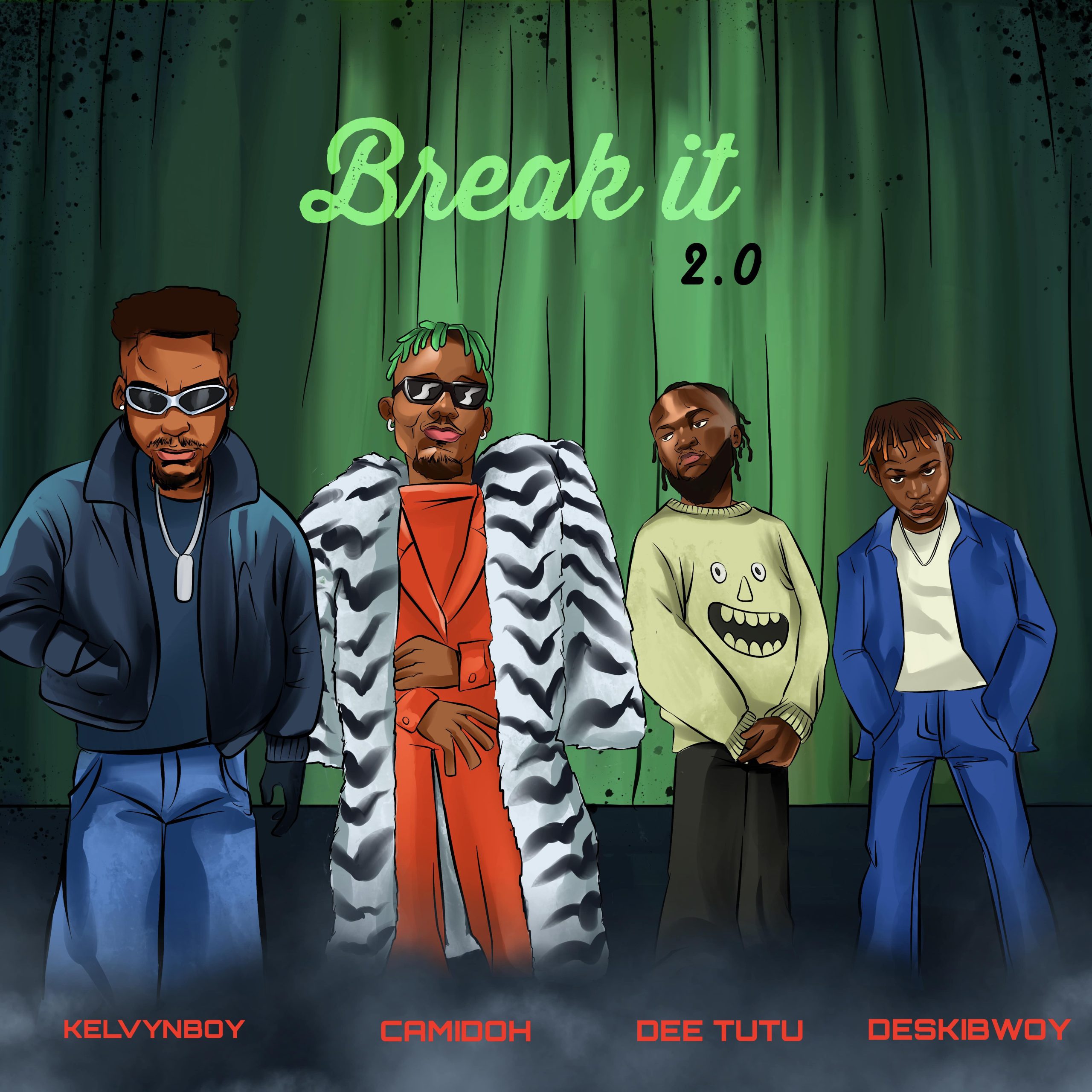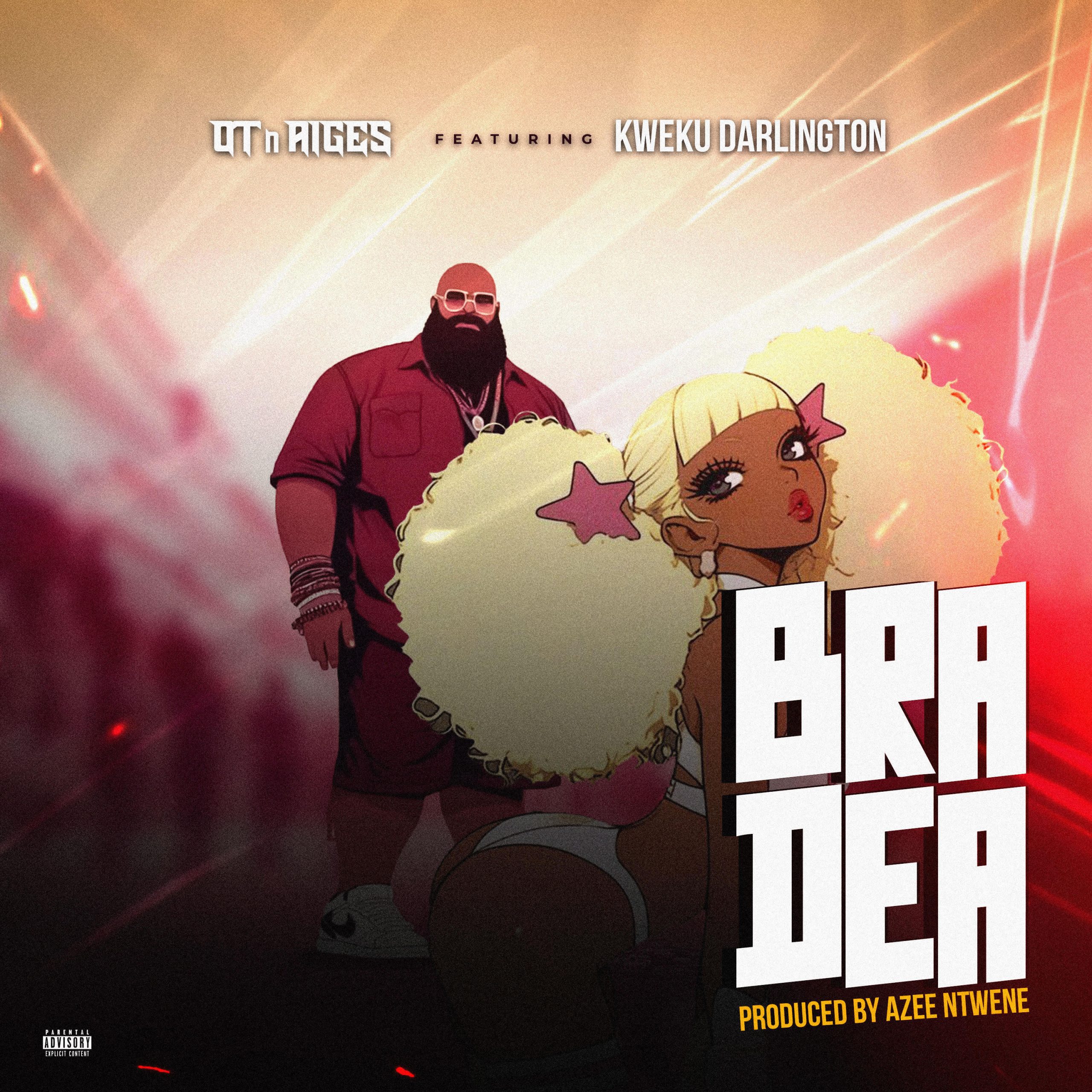How to Write Good Music at the Right Time: A Practical Guide
Creating music that resonates requires more than just talent. It demands timing, intention, and a deep connection to your creative rhythm.

Creating music that resonates requires more than just talent. It demands timing, intention, and a deep connection to your creative rhythm. Whether you're an aspiring songwriter or a seasoned musician, understanding when and how to harness your creativity can elevate your compositions.
Understanding Your Creative Peaks
Every individual has unique periods during the day when creativity flows more naturally. Identifying these moments can significantly enhance your songwriting process.
Morning Clarity
Some songwriters find early mornings ideal for writing. They leverage the quiet and mental freshness to craft melodies and lyrics.
Evening Inspiration
Others thrive at night when the day’s distractions have settled. This allows for deeper emotional exploration in their music.
Spontaneous Moments
Inspiration can strike unexpectedly during a walk, while commuting, or even in the shower. Keeping a notebook or voice recorder handy ensures these fleeting ideas are not lost.
Building a Consistent Writing Routine
Consistency is key to honing your songwriting skills. Establishing a regular routine helps in capturing ideas and refining them over time.
Scheduled Sessions
Dedicate specific times in your week solely for songwriting. This commitment fosters discipline and signals your brain to prepare for creative work.
Short Focused Intervals
Even 30-minute sessions can be productive. Regular brief writing periods lead to substantial progress over time.
Flexible Deadlines
Allow yourself the freedom to adjust timelines. Creativity doesn’t always follow strict schedules and flexibility can enhance output.
Embracing Collaboration
Working with others introduces new perspectives and ideas into your music. Collaborations challenge your creative boundaries and often lead to enriching outcomes.
Diverse Inputs
Engaging with musicians from different backgrounds infuses your work with varied styles and techniques.
Feedback Loops
Sharing your work-in-progress with trusted peers provides constructive feedback and helps you refine your compositions.
Balancing Speed and Depth
Some songs come together swiftly while others require time to mature. Recognizing when to move forward and when to pause is crucial.
Quick Drafts
Writing rapidly can capture raw emotion and spontaneity. Let yourself write freely without overthinking.
Deliberate Refinement
Taking time to revisit and polish your songs ensures depth and cohesion in your work.
Leveraging Tools and Techniques
Modern technology offers various tools to support the songwriting process.
Recording Ideas
Use voice memo apps to capture melodies or lyrical phrases as they come to you.
Digital Workstations
Software like DAWs (Digital Audio Workstations) help in arranging and experimenting with different musical elements.
Educational Resources
Online courses and tutorials offer new insights and techniques to enhance your songwriting abilities.
Final Thoughts
Writing good music at the right time involves self-awareness, discipline, and openness to inspiration. By understanding your creative rhythms, setting up consistent practices, and welcoming both solitude and collaboration, you can create songs that genuinely connect with your audience.
What's Your Reaction?
 Like
0
Like
0
 Dislike
0
Dislike
0
 Love
0
Love
0
 Funny
0
Funny
0
 Angry
0
Angry
0
 Sad
0
Sad
0
 Wow
0
Wow
0






























